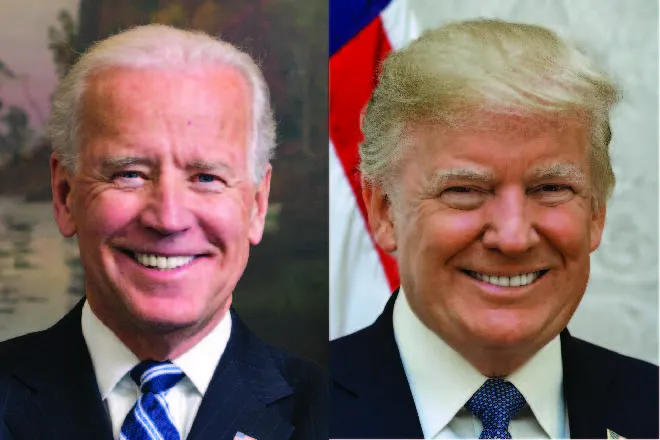
Providers in Nebraska say nurses in short supply
Click play to listen to this article.
(Nebraska News Connection) It's National Nurses Week, and educators and healthcare officials say there just aren't enough of them to go around. A combination of retiring baby boomers and nurses who chose to leave the field after the pandemic has left a projected shortfall of more than 5,400 nurses in Nebraska's hospitals, clinics and long-term care facilities.
Linda Hardy, Nebraska Nurses Association president, explained that the system is not training enough new nurses to fill the vacancies.

© iStock - dk_photos
"I think across the country we have a nursing shortage," she intoned. "But the other thing we have a shortage of are nurse educators - and also, clinical sites for student nurses to be able to practice their clinical skills."
According to a Nebraska Health Care Workforce Collaborative report, 66 of the state's 93 counties have been declared medically underserved, and nine have no nurses. The report points to degraded "emotional health and well-being" as the main reason for staff shortages.
Hardy added healthcare providers and state officials are studying how to increase the investment in educational facilities and clinical sites to train new healthcare workers, and said one goal is to recruit them when they are young.
"There's a collaborative effort to try and get more healthcare workers, not just nurses but radiology techs, pharmacists, etcetera, into the pipeline from high school kids. So, that's a good thing," she insisted.
Carole Johnson, administrator of the Health Resources and Services Administration, said her mission during National Nurses Week is to highlight the vital role nurses play on the front lines, providing care, comfort and support to patients every day, but added the best way to honor them is to support them from training through retirement.
"You have to be investing in the nursing workforce. And so we're providing scholarships, loan repayment, stipends, upskilling - a whole host of training initiatives to really help ensure that we can recruit people into nursing and that when they're there, that they stay," she continued.















